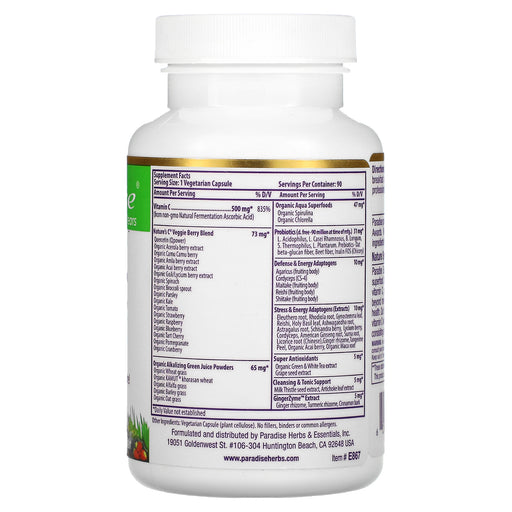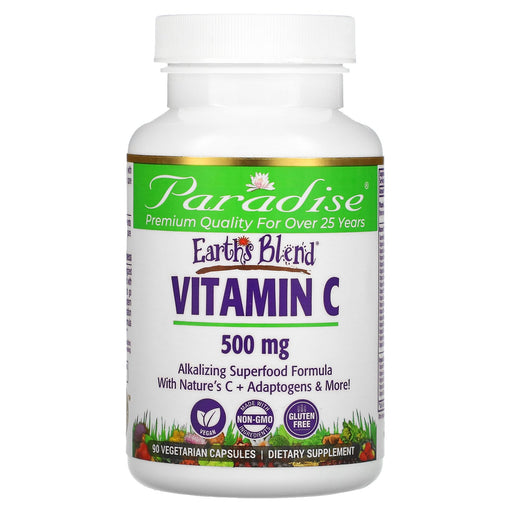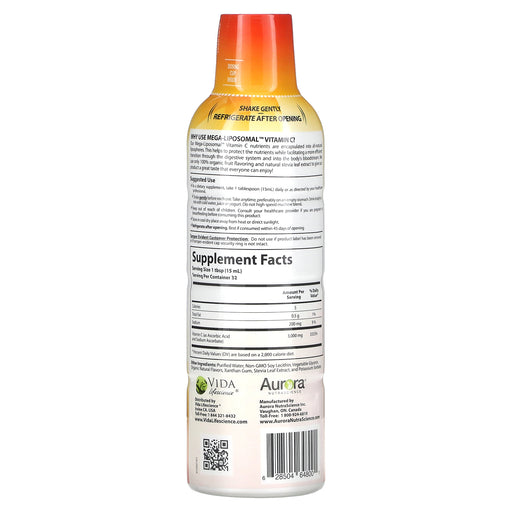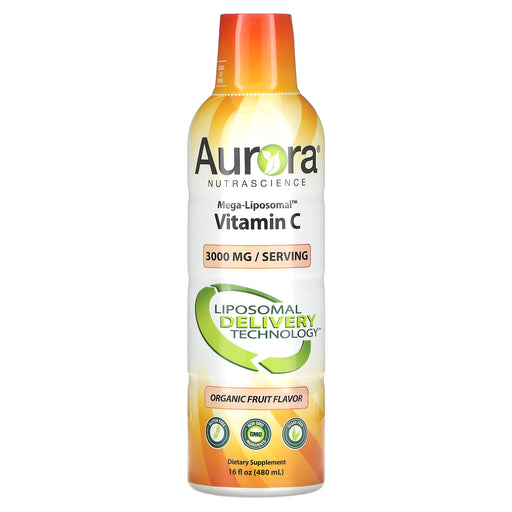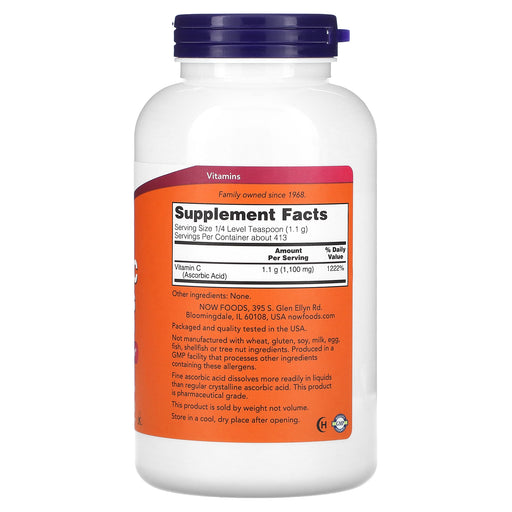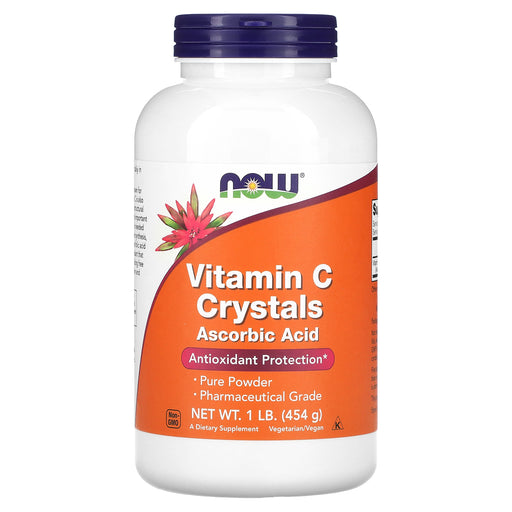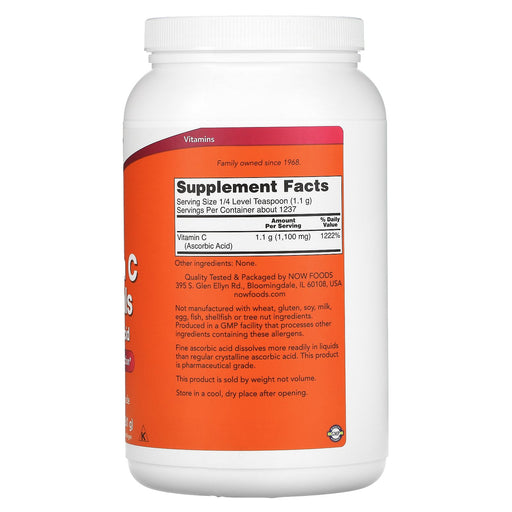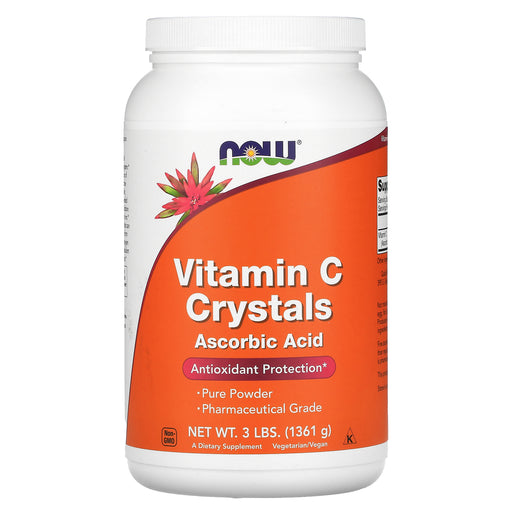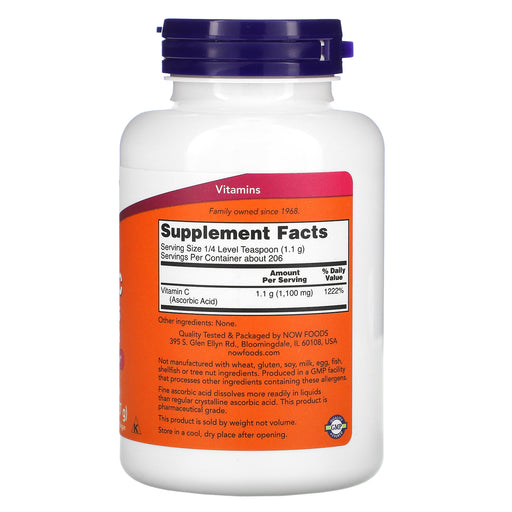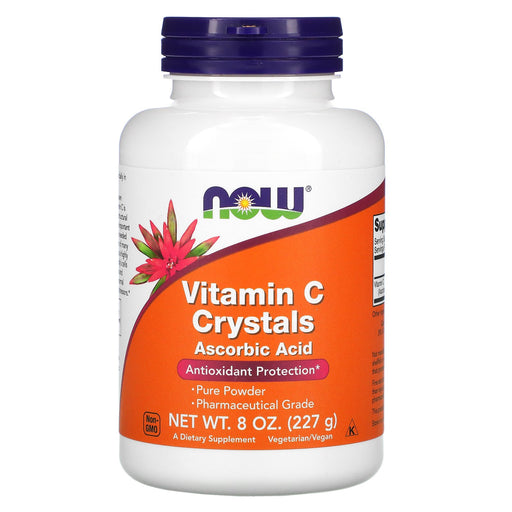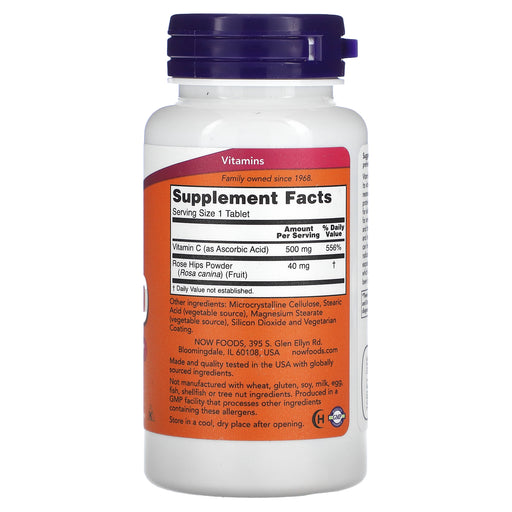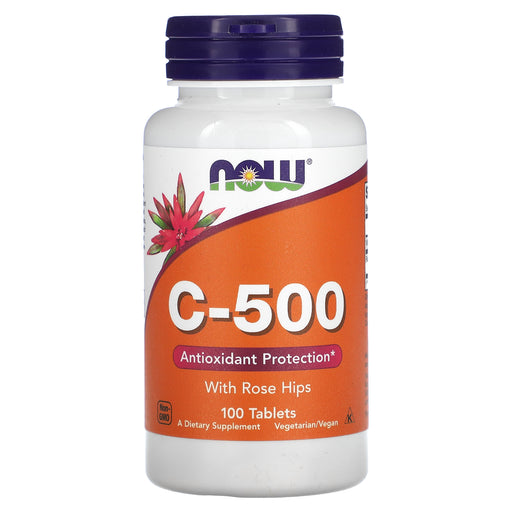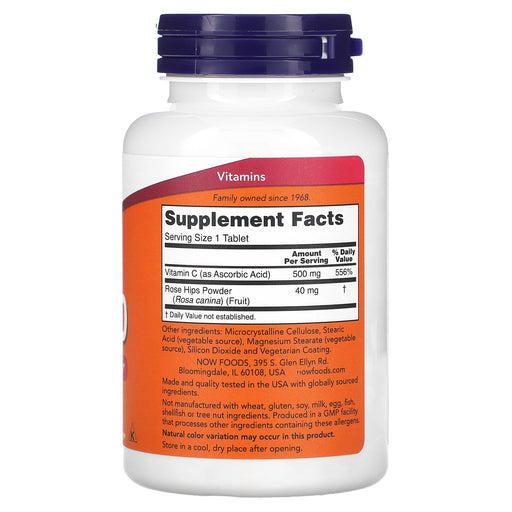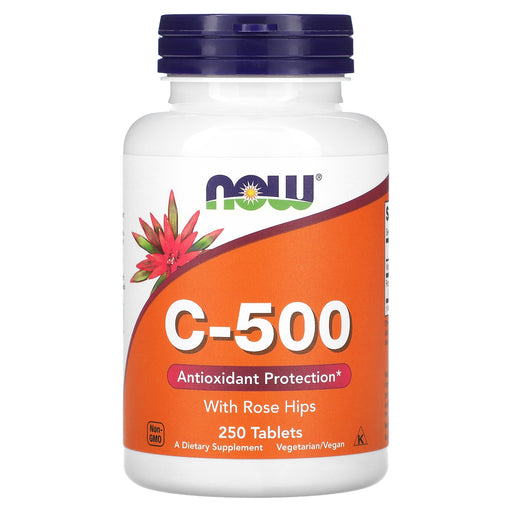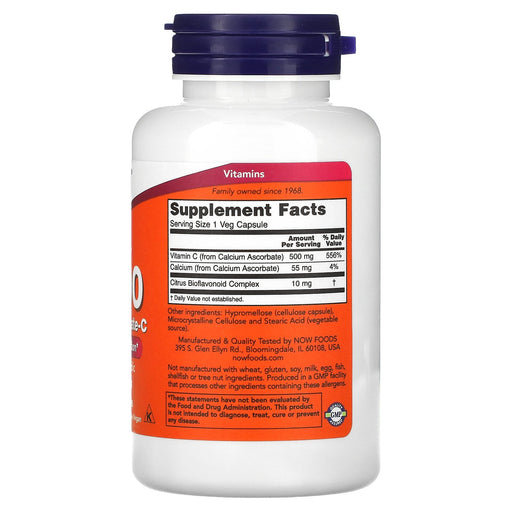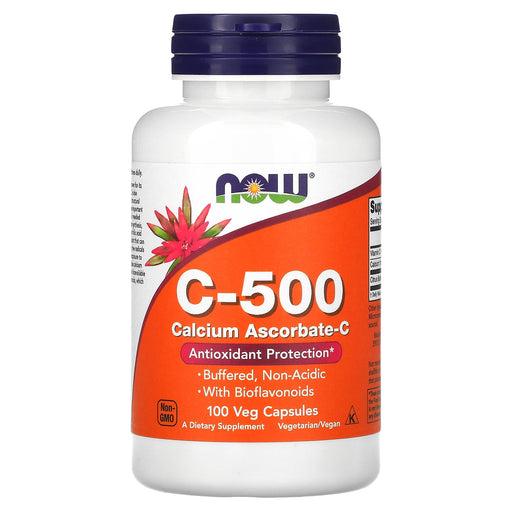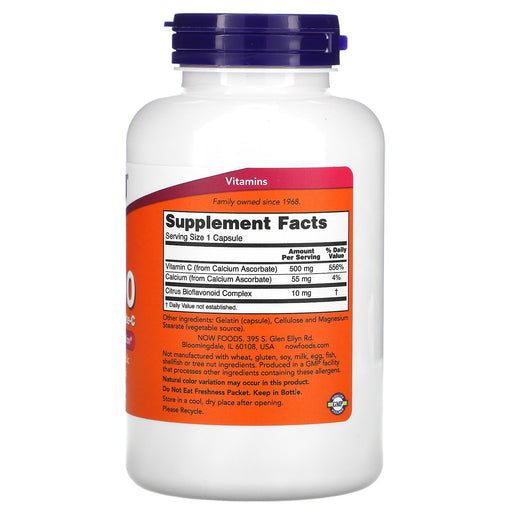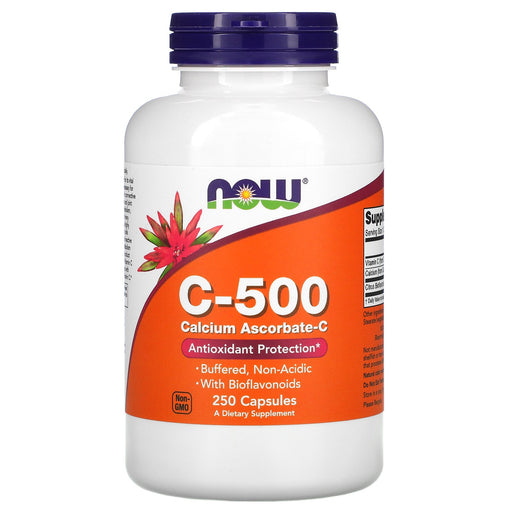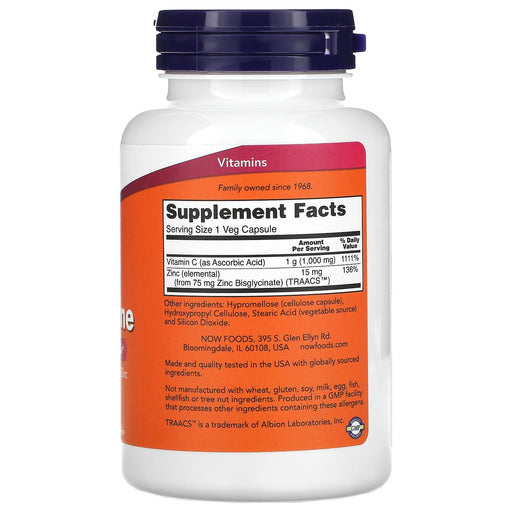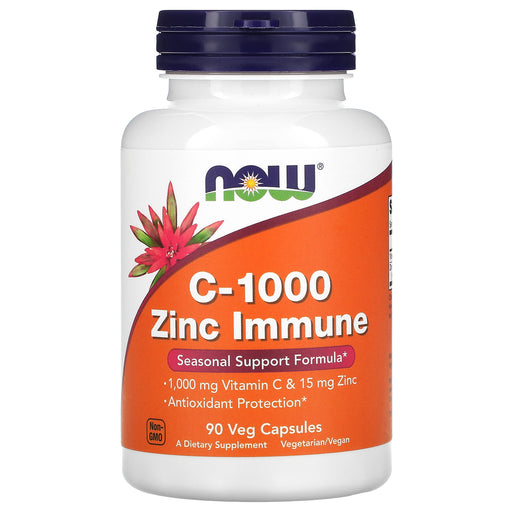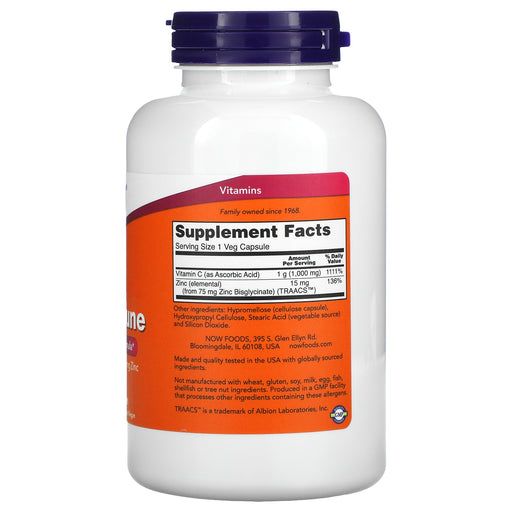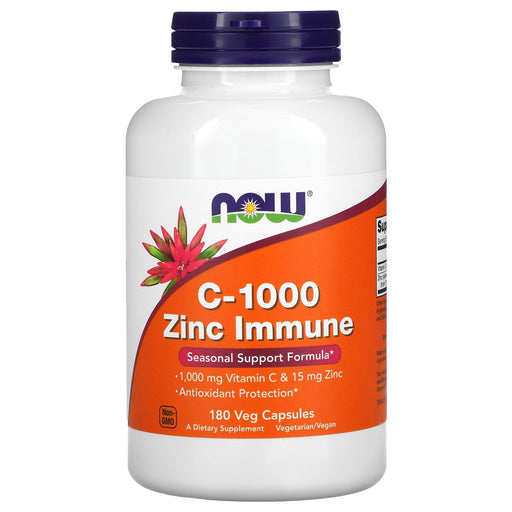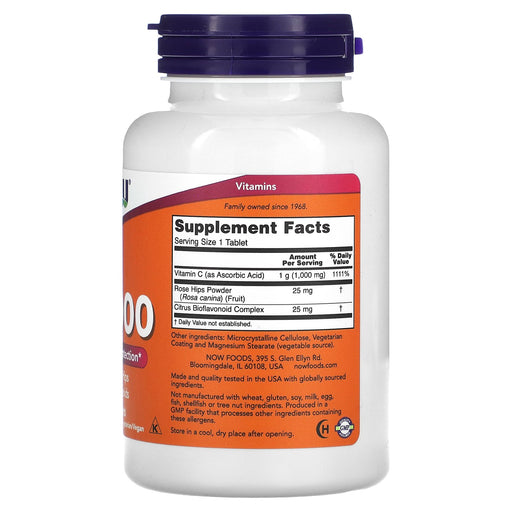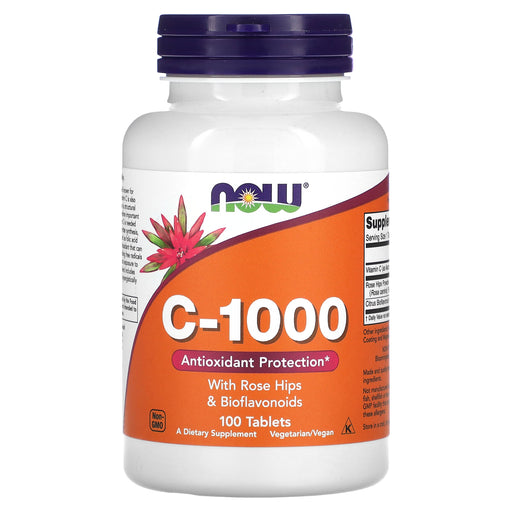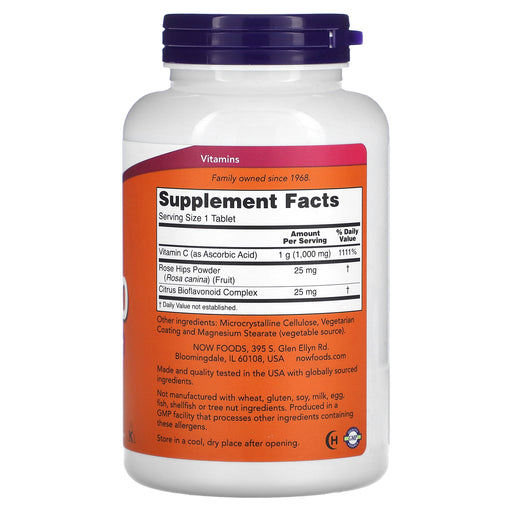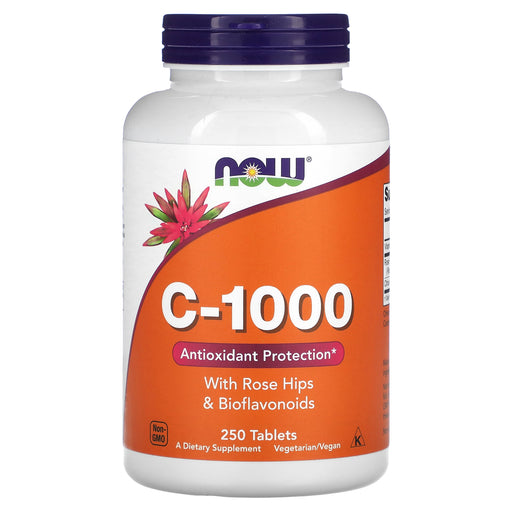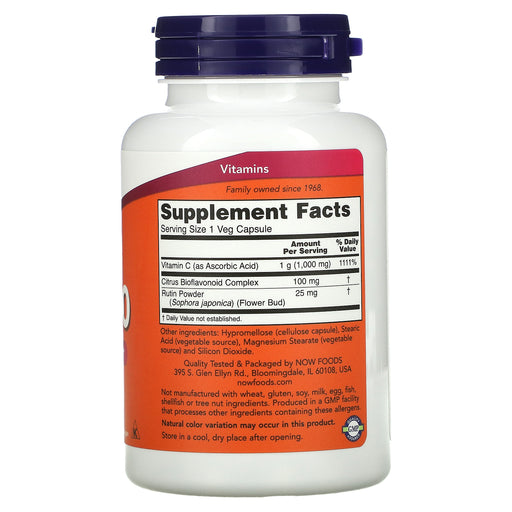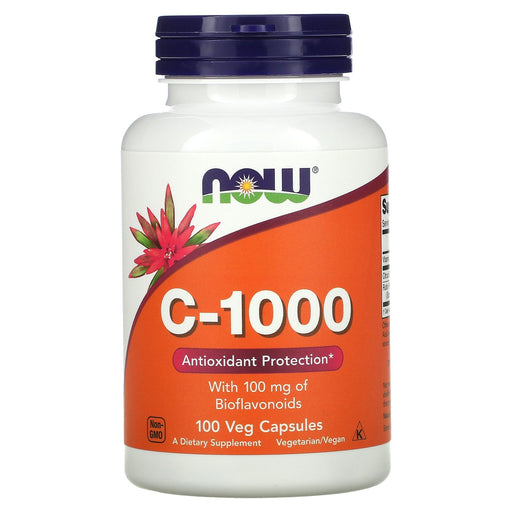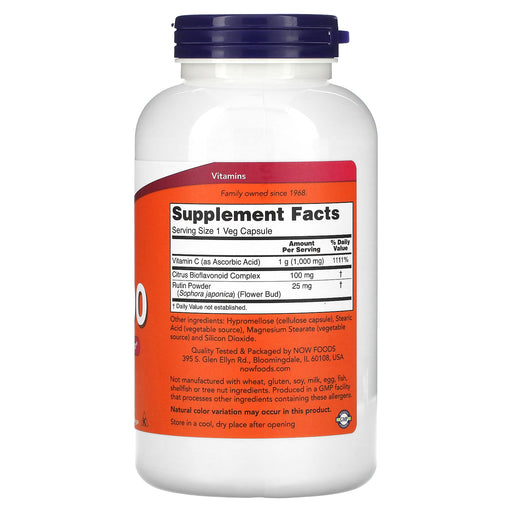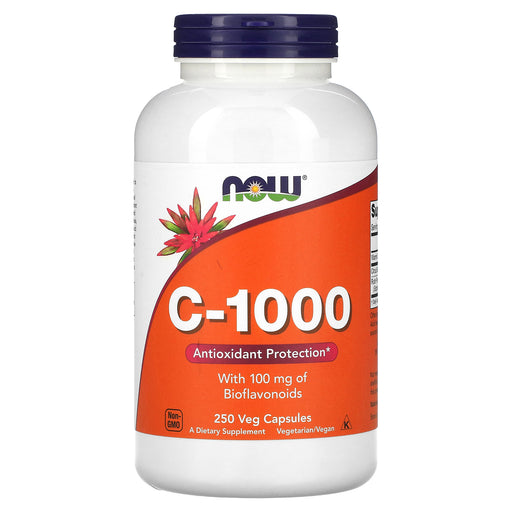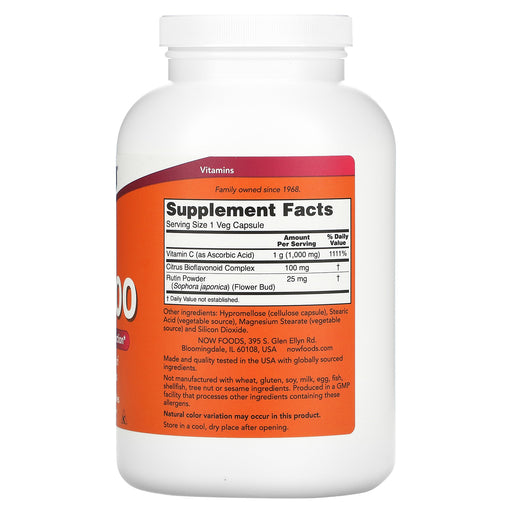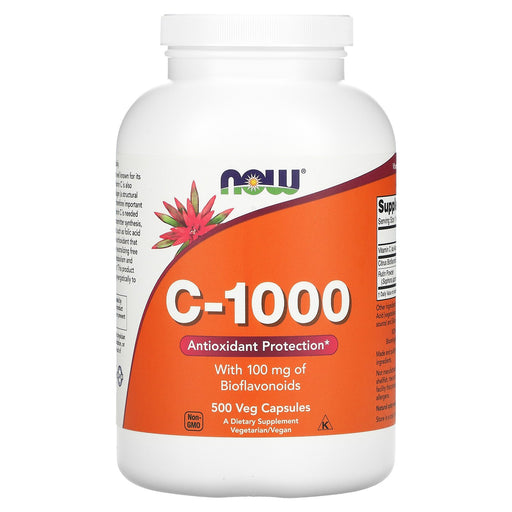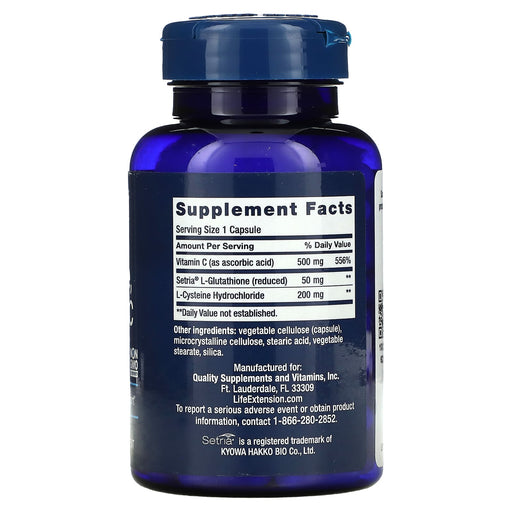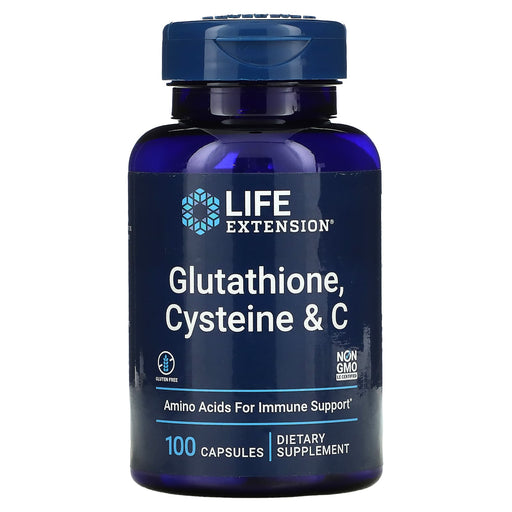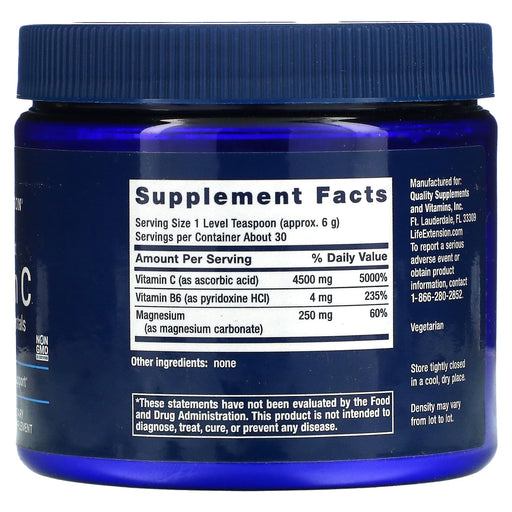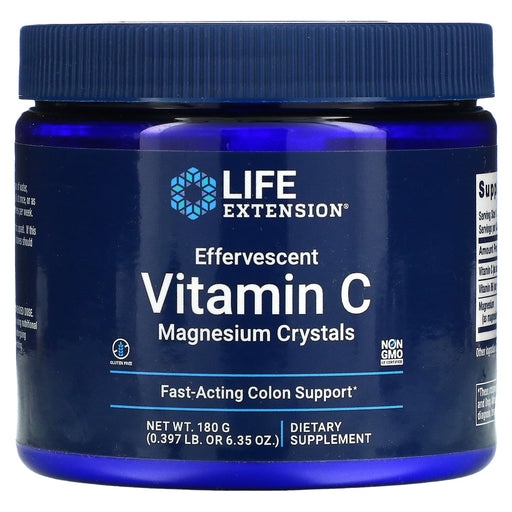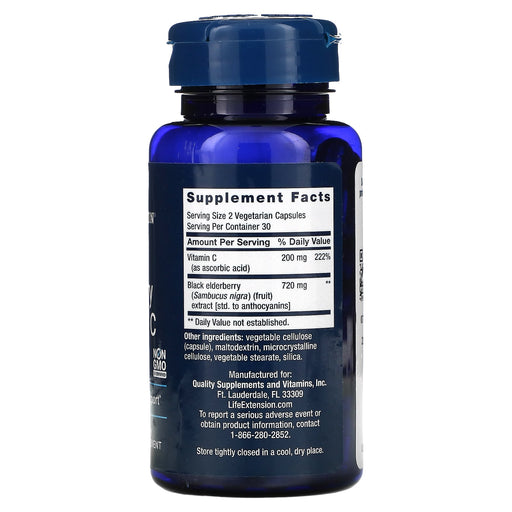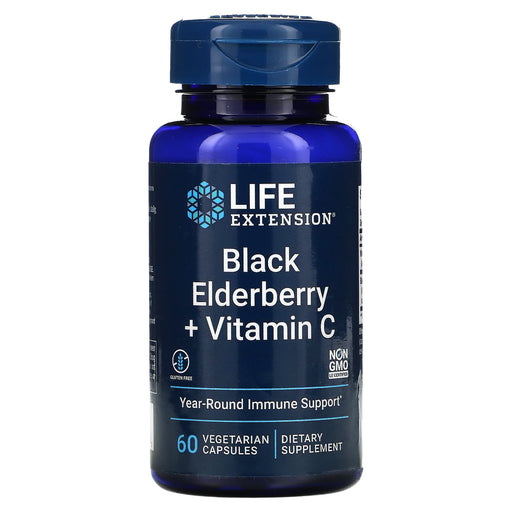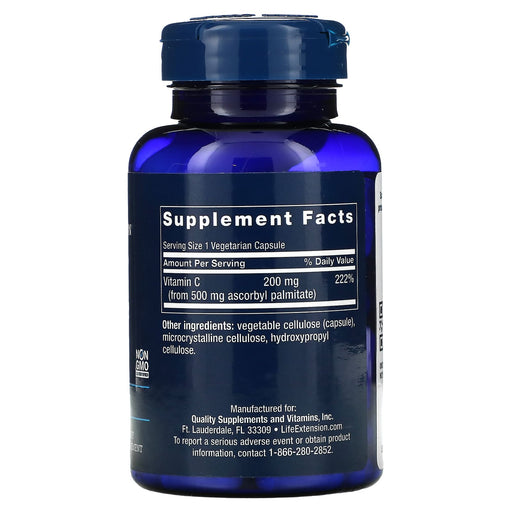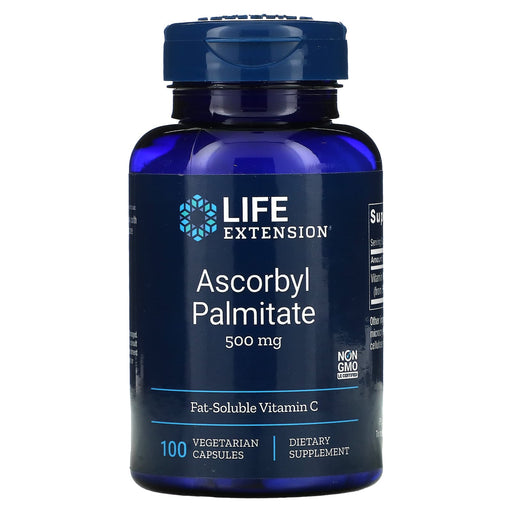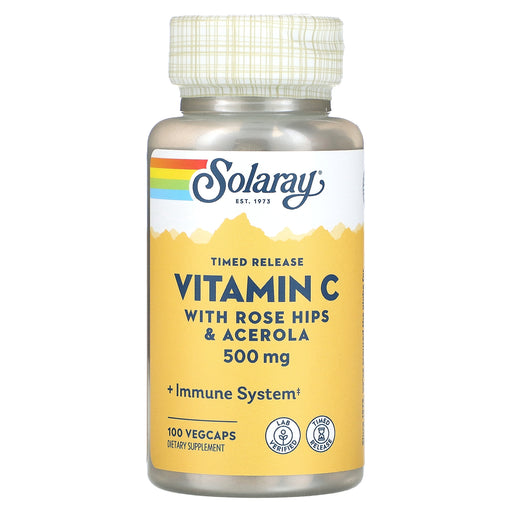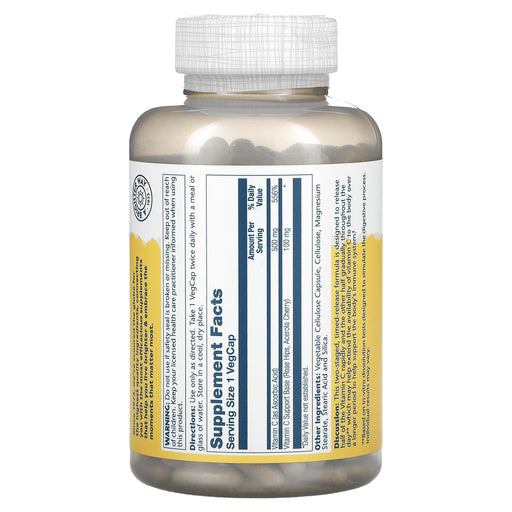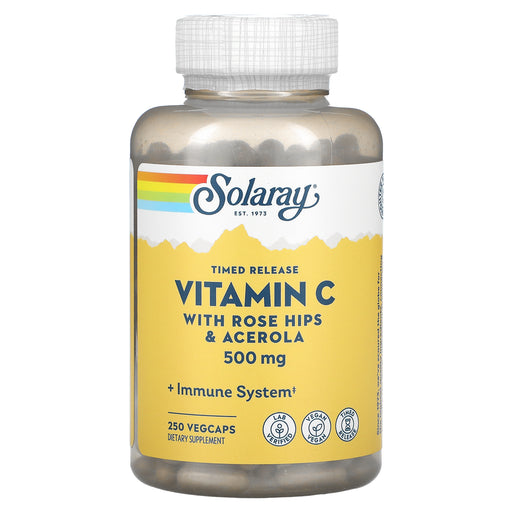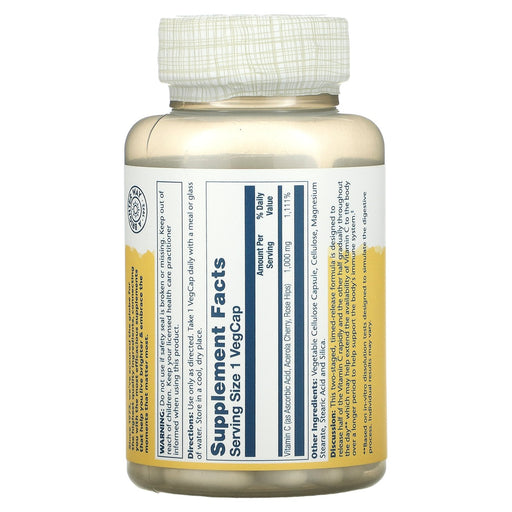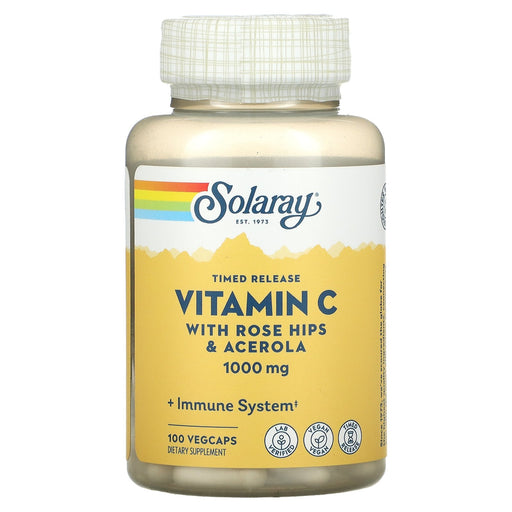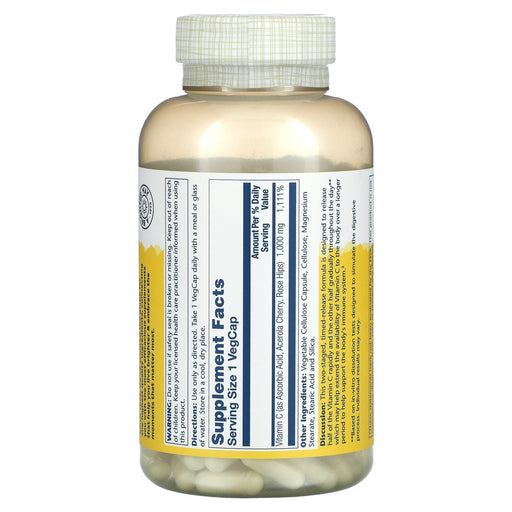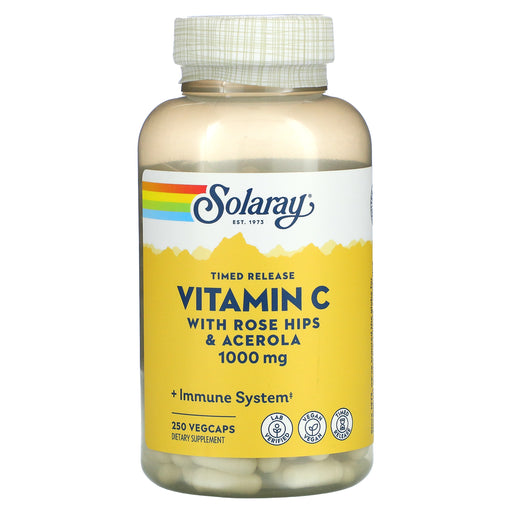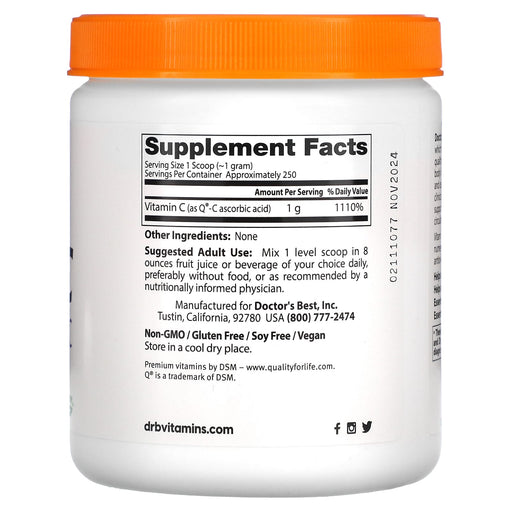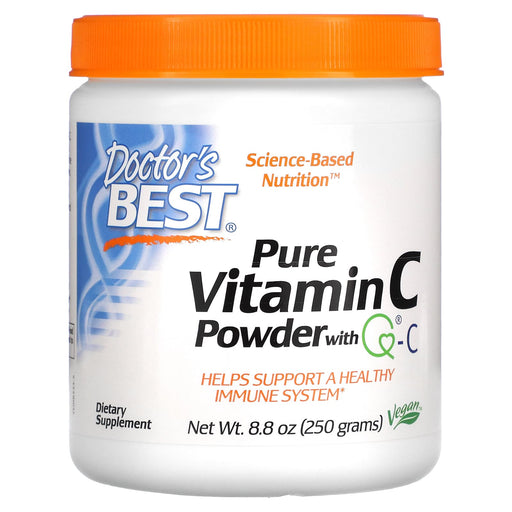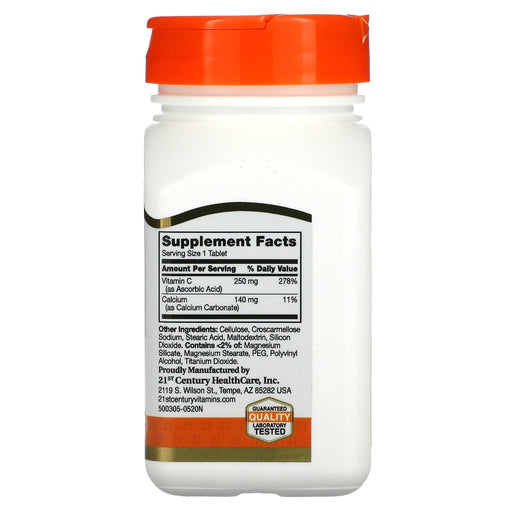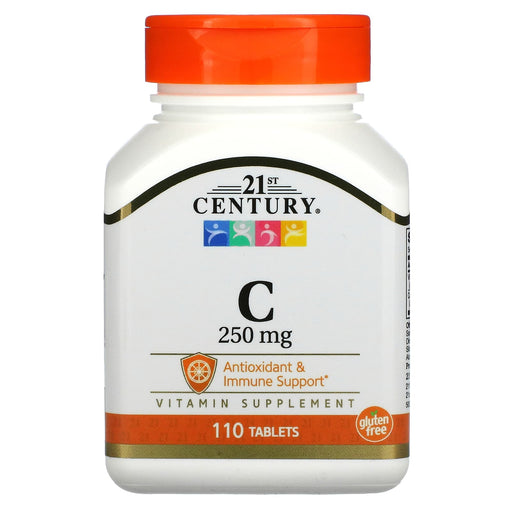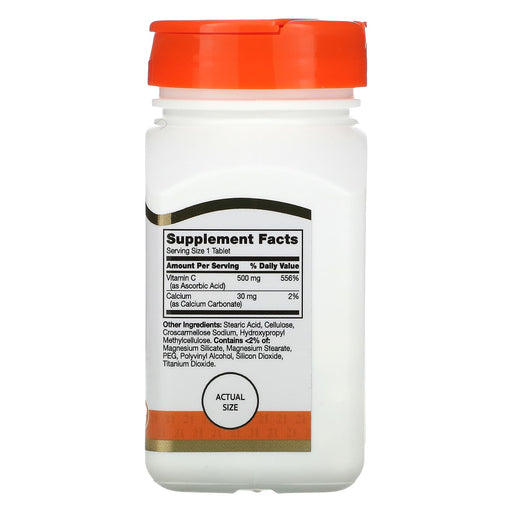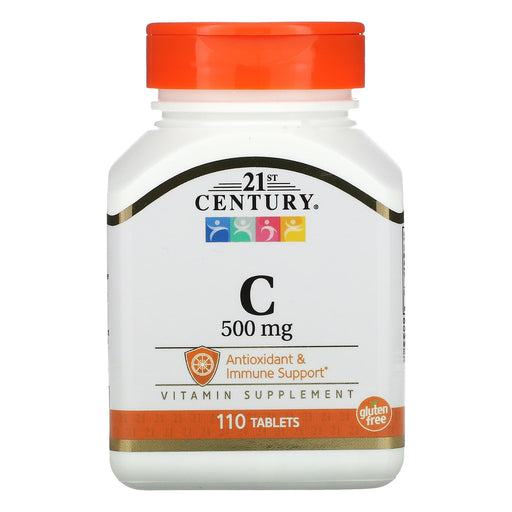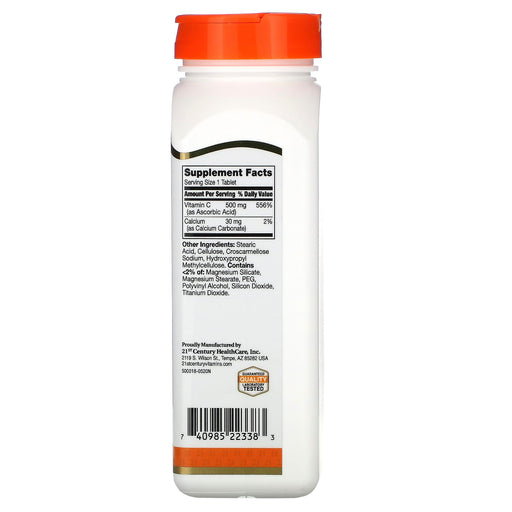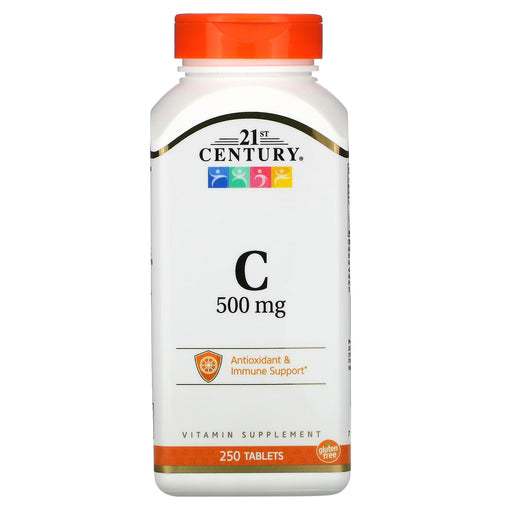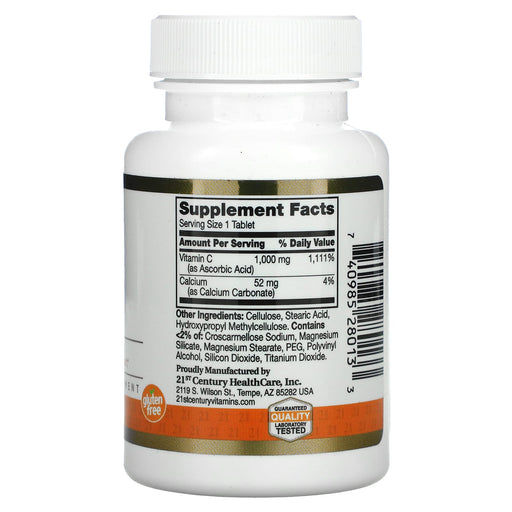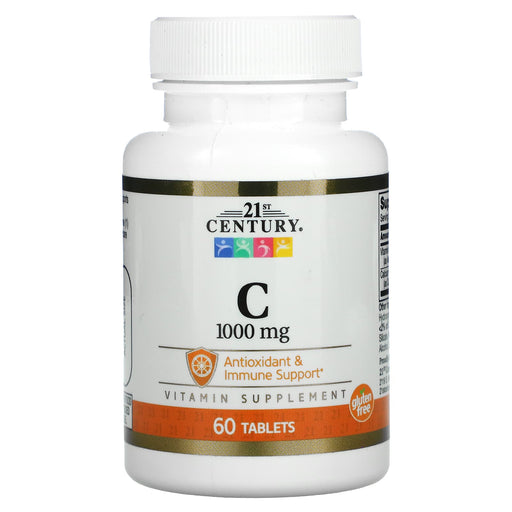
Unleash the Power of Vitamin C with Premium Ascorbic Acid Supplements
Ascorbic acid, the purest and most bioavailable form of vitamin C, is an essential nutrient that plays a vital role in numerous bodily functions, from immune support and collagen synthesis to antioxidant protection and neurotransmitter production. At Health Orchard, we offer a carefully curated selection of top-quality ascorbic acid supplements, providing you with the tools you need to optimize your vitamin C intake and support overall health and wellness.
The Vital Role of Vitamin C in Health and Well-Being
Vitamin C is a water-soluble nutrient that is essential for life. It is involved in a wide range of physiological processes, and deficiencies can lead to a host of health issues. Here are just a few of the key ways vitamin C supports optimal health:
- Immune Function: Vitamin C is a powerful antioxidant that helps protect cells from oxidative stress and supports the function of various immune cells, such as white blood cells and antibodies. Adequate vitamin C intake has been shown to enhance immune response and reduce the duration and severity of common illnesses, such as the cold and flu.
- Collagen Synthesis: Vitamin C is a crucial cofactor for the production of collagen, the primary structural protein in the body. Collagen is essential for the health and integrity of skin, bones, cartilage, and blood vessels, and sufficient vitamin C intake is necessary to support optimal collagen synthesis and maintain youthful, resilient skin and connective tissues.
- Antioxidant Protection: As a potent antioxidant, vitamin C helps neutralize harmful free radicals and reactive oxygen species that can damage cells and contribute to the development of chronic diseases, such as cancer, heart disease, and neurodegenerative disorders. By supporting the body's natural antioxidant defenses, vitamin C plays a vital role in promoting overall health and longevity.
- Neurotransmitter Production: Vitamin C is involved in the synthesis of several key neurotransmitters, including serotonin, dopamine, and norepinephrine. These neurotransmitters are essential for healthy brain function, mood regulation, and cognitive performance, and adequate vitamin C intake is necessary to support optimal neurotransmitter levels and mental well-being.
- Iron Absorption: Vitamin C enhances the absorption of non-heme iron, the form of iron found in plant-based foods, such as leafy greens, legumes, and whole grains. By improving iron uptake, vitamin C can help prevent iron-deficiency anemia and support healthy red blood cell production, energy levels, and overall vitality.
The Benefits of Ascorbic Acid Supplementation
While vitamin C is found naturally in a variety of fruits and vegetables, many people may struggle to obtain optimal levels through diet alone. This is where ascorbic acid supplements come in, providing a convenient, concentrated dose of this essential nutrient to support overall health and well-being.
Here are some of the key benefits of incorporating ascorbic acid supplements into your daily routine:
- Immune Support: Supplementing with ascorbic acid can help bolster your body's natural defenses, reducing the risk and severity of infections and promoting faster recovery from illness.
- Skin Health: Ascorbic acid supplements can support collagen production and antioxidant protection, promoting youthful, radiant skin and reducing the appearance of fine lines, wrinkles, and age-related damage.
- Cardiovascular Health: Adequate vitamin C intake has been associated with a reduced risk of heart disease, stroke, and hypertension, thanks to its antioxidant and vasodilatory properties. Ascorbic acid supplements can help support optimal cardiovascular function and protect against oxidative stress.
- Energy and Vitality: By supporting iron absorption and red blood cell production, ascorbic acid supplements can help combat fatigue, improve energy levels, and promote overall vitality and well-being.
- Cognitive Function: The role of vitamin C in neurotransmitter production and antioxidant protection makes it essential for healthy brain function. Ascorbic acid supplements can support cognitive performance, mood regulation, and mental clarity, especially in older adults or those under high levels of stress.
Choosing the Right Ascorbic Acid Supplement
When it comes to selecting an ascorbic acid supplement, quality and bioavailability are key. At Health Orchard, we've done the hard work for you, curating a selection of top-tier ascorbic acid supplements from the most trusted brands in the industry.
Here are some factors to consider when choosing an ascorbic acid supplement:
- Form: Ascorbic acid supplements come in various forms, including capsules, tablets, powders, and liquids. Consider your personal preferences and lifestyle when selecting the most convenient and easy-to-use option for your needs.
- Dosage: The recommended daily allowance (RDA) for vitamin C is 90 mg for adult men and 75 mg for adult women, with higher doses recommended for pregnant or lactating women, smokers, and those under acute stress. However, therapeutic doses of up to 1000 mg or more per day may be recommended for specific health concerns. Consult with a healthcare professional to determine the optimal dosage for your individual needs.
- Quality and Purity: Look for ascorbic acid supplements that are manufactured by reputable brands in GMP-certified facilities, ensuring the highest standards of quality, purity, and potency. Avoid supplements with unnecessary fillers, additives, or allergens, and opt for products that have undergone third-party testing for contaminants and accuracy of labeling.
- Absorption and Bioavailability: Some ascorbic acid supplements may include additional ingredients, such as bioflavonoids or lipid-soluble forms of vitamin C, to enhance absorption and bioavailability. Consider your specific health needs and consult with a healthcare professional to determine if these advanced formulations are right for you.
Maximize the Benefits of Ascorbic Acid Supplementation
To get the most out of your ascorbic acid supplement, consider the following tips:
- Take with Food: Vitamin C is best absorbed when taken with a meal or snack that contains some fat or protein. This helps slow down the transit time through the digestive tract, allowing for optimal absorption and utilization.
- Split Your Dose: Vitamin C has a relatively short half-life in the body, meaning that it is quickly metabolized and excreted. To maintain steady blood levels throughout the day, consider splitting your daily dose into two or three smaller servings, taken with meals.
- Combine with Other Antioxidants: Vitamin C works synergistically with other antioxidants, such as vitamin E, beta-carotene, and glutathione. Consider taking your ascorbic acid supplement as part of a comprehensive antioxidant regimen to maximize its protective benefits.
- Store Properly: To maintain the potency and stability of your ascorbic acid supplement, store it in a cool, dry place, away from direct sunlight and moisture. Avoid exposing your supplements to extreme temperatures or humidity, which can degrade the active ingredients over time.
Experience the Transformative Power of Ascorbic Acid Supplements from Health Orchard
At Health Orchard, we believe that everyone deserves access to the highest-quality, most effective nutritional supplements available. That's why we've curated a comprehensive selection of premium ascorbic acid supplements, each designed to support optimal health, vitality, and well-being.
Whether you're looking to bolster your immune defenses, promote youthful skin, or enhance your overall energy and vitality, our ascorbic acid supplements offer the targeted support you need to thrive. With our commitment to quality, purity, and efficacy, you can trust that you're getting the best possible nutrition to support your health goals.
Experience the life-changing benefits of optimal vitamin C intake with ascorbic acid supplements from Health Orchard. Shop our selection today, and witness the difference that pure, potent nutrition can make in your life.
Frequently Asked Questions about Ascorbic Acid
1. Is ascorbic acid the same as vitamin C?
Yes, ascorbic acid is a form of vitamin C:
- Ascorbic acid is the most common form of vitamin C found in supplements and fortified foods
- It is a water-soluble vitamin that plays a crucial role in various bodily functions
- Other forms of vitamin C include sodium ascorbate, calcium ascorbate, and liposomal vitamin C
- Ascorbic acid is the purest form of vitamin C and is readily absorbed by the body
2. Is it okay to take ascorbic acid every day?
Yes, it is generally safe to take ascorbic acid daily, as long as you do not exceed the recommended daily allowance (RDA):
- The RDA for vitamin C (ascorbic acid) is 90 mg for adult men and 75 mg for adult women
- Smokers may require an additional 35 mg per day due to increased oxidative stress
- Consuming ascorbic acid within the RDA is considered safe for most people
- However, some individuals may benefit from higher doses under the guidance of a healthcare professional, depending on their specific health needs
3. What are the benefits of ascorbic acid?
Ascorbic acid (vitamin C) offers several benefits:
- Supports immune function: Vitamin C helps maintain a healthy immune system by stimulating the production and function of white blood cells
- Promotes collagen synthesis: Ascorbic acid is essential for the production of collagen, a protein that provides structure and strength to skin, bones, and connective tissues
- Acts as an antioxidant: Vitamin C protects cells from damage caused by free radicals, reducing oxidative stress and inflammation
- Enhances iron absorption: Ascorbic acid improves the absorption of non-heme iron from plant-based sources, which is particularly important for vegetarians and vegans
- Contributes to skin health: Vitamin C's role in collagen synthesis and antioxidant protection helps maintain healthy, youthful-looking skin
4. What are ascorbic acid tablets for?
Ascorbic acid tablets are used to supplement vitamin C intake:
- They help individuals meet their daily vitamin C requirements, especially those with inadequate dietary intake
- Ascorbic acid supplements may be beneficial for people with increased vitamin C needs, such as smokers, individuals under high stress, or those recovering from illness or injury
- Some people take ascorbic acid tablets to support immune function, collagen production, and overall health
- Healthcare professionals may recommend ascorbic acid supplements for specific health conditions, such as iron-deficiency anemia or wound healing
5. Who should not take ascorbic acid?
While ascorbic acid is generally safe for most people, some individuals should consult a healthcare professional before taking ascorbic acid supplements:
- People with a history of kidney stones: High doses of vitamin C may increase the risk of developing kidney stones in susceptible individuals
- Those with hemochromatosis (iron overload disorder): Ascorbic acid enhances iron absorption, which could exacerbate the condition
- Individuals with G6PD deficiency: High doses of vitamin C may cause red blood cell breakdown (hemolysis) in people with this genetic disorder
- People undergoing certain cancer treatments: Ascorbic acid supplements may interact with chemotherapy or radiation therapy, so it is essential to consult an oncologist before use
6. What are the side effects of ascorbic acid?
Ascorbic acid is generally well-tolerated, but high doses (more than 2,000 mg per day) may cause side effects in some people:
- Digestive discomfort: Nausea, diarrhea, and abdominal cramps
- Headache and insomnia: Some individuals may experience headaches or difficulty sleeping when taking high doses of vitamin C
- Increased risk of kidney stones: Excess vitamin C excretion in the urine can contribute to the formation of kidney stones in predisposed individuals
- Iron overload: In people with conditions like hemochromatosis, high doses of ascorbic acid may exacerbate iron accumulation in the body
- Interference with medical tests: High levels of vitamin C in the blood may interfere with certain medical tests, such as blood sugar tests or stool occult blood tests
7. Is ascorbic acid inflammatory?
No, ascorbic acid (vitamin C) is not inflammatory:
- In fact, vitamin C has anti-inflammatory properties and may help reduce inflammation in the body
- As an antioxidant, ascorbic acid helps neutralize free radicals and reduces oxidative stress, which can contribute to inflammation
- Some studies suggest that vitamin C supplementation may help lower levels of inflammatory markers, such as C-reactive protein (CRP)
- Adequate vitamin C intake supports the immune system and helps maintain a balanced inflammatory response
8. What does too much ascorbic acid do to your body?
Consuming excessive amounts of ascorbic acid (more than 2,000 mg per day) may lead to adverse effects:
- Digestive issues: High doses of vitamin C can cause nausea, diarrhea, and abdominal cramps
- Increased risk of kidney stones: Excess vitamin C excretion in the urine may contribute to the formation of kidney stones in predisposed individuals
- Iron overload: In people with conditions like hemochromatosis, high doses of ascorbic acid may exacerbate iron accumulation in the body
- Interference with medical tests: High levels of vitamin C in the blood may interfere with certain medical tests, such as blood sugar tests or stool occult blood tests
- Rebound scurvy: Abruptly stopping high-dose vitamin C supplementation may lead to a temporary deficiency, as the body adapts to the sudden change in intake
To avoid these adverse effects, it is essential to consume ascorbic acid within the recommended daily allowance or as directed by a healthcare professional.
9. Who should take ascorbic acid?
Ascorbic acid supplements may be beneficial for certain groups of people:
- Individuals with inadequate dietary vitamin C intake: Those who do not consume enough vitamin C-rich foods, such as fruits and vegetables, may benefit from supplementation
- Smokers: Cigarette smoking increases oxidative stress and vitamin C requirements, so smokers may need higher doses of ascorbic acid
- People under high stress: Physical or emotional stress can increase the body's demand for vitamin C
- Individuals with certain health conditions: Some health issues, such as iron-deficiency anemia or poor wound healing, may warrant vitamin C supplementation under the guidance of a healthcare professional
- Pregnant and breastfeeding women: These women have higher vitamin C requirements and may benefit from supplementation to ensure adequate intake
- Older adults: Some older individuals may have lower vitamin C absorption or dietary intake, making supplementation helpful in maintaining optimal levels
It is always best to consult a healthcare professional to determine if ascorbic acid supplementation is appropriate for your specific needs and health status.


